Exploring The Potential Benefits and Positive Impact that She may have in Shaping the Future Direction of Africa
Overview
- A Queendom is a term used to describe a dominion or realm ruled by a Queen, analogous to a Kingdom ruled by a King. The instant case, seeks to address the lacuna marred by unequal treatment of women in Africa. A Queendom aims to bring Africans home from slave-ship to cruise-ship. A Queendom will be a pivotal point of contact for all Africans in diaspora for trade, culture, tourism ,to reside. She will encourage Africans to Utilize dormant resources of the continent to build the continent.
- The Continuity of the historical legacy of empowerment by previous Queens.
- The agitation of a Queendom is borne out of the necessity to have a fair representation of women, the return of our sons and daughters from the diaspora so as to experience the rich culture, historical, political, and societal gift of our continent
Why is there a need for a Queendom in Africa
Utilising dormant resources
The is an urgency in our continent to develop and utilize our dormant natural resources
Reversal of the brain drain
Our very finest and most brilliant brains are been enticed to Europe, America and Asia, primarily due to skeletal opportunities. changing the narrative can be made possible by the Queendom.
Diplomatic interaction and societal consideration
The Queendom will act as a centre for the brokerage of peace within Africa and act as a bridge between Africa and the international community for conflict resolution, mediation, political diplomacy and redress social injustices.
National identity and history
Provide stability, continuity, a sense of tradition as well as act as a symbolic institution to represent Africa’s national identity and history.
Challenging gender norms
A queendom could challenge deeply ingrained patriarchal structure in Africa, potentially leading to greater gender equality and female empowerment; fostering the principle of equality and individual right.
it will inspire women from different part of Africa to seek positions and challenge traditional expectations.
Promoting peace and stability
Queens historically played a significant role in mediating conflicts and fostering peace in some African societies. A queendom could leverage this tradition to promote peaceful conflict resolution and stability in the Africa region.
Focus on socio-economic issues
A Queen would bring attention and resources to specific issues facing women, men and girls, such as education, healthcare and economic opportunities.
Symbolic representation
A Queendom would serve as a powerful symbol of unity and cultural pride for certain communities, potentially fostering national identity and cohesion thereby leading to actual progress.
Has there been a precedent Queendom?
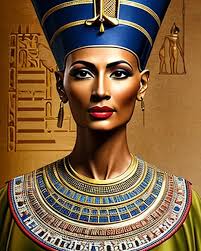
Queen Nefertiti of Egypt
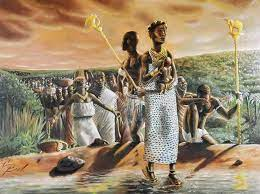
Queen Pokou of Akan of Ivory Coast
Queen Pokou ruled the Akyem Abuakwa kingdom after her husband’s death and resisted numerous attempts by the British and Dutch to colonize her territory. She is known for her diplomatic skills and her fierce defense of her people’s independence.
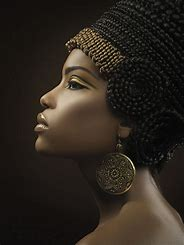
Queen Makeda of Sheba
Makeda, Queen of Sheba is one of the most well-known and greatest mysteries in the ancient world. She intrigues many with her legendary voyage to seek wisdom by meeting King Solomon of Israel, said to be the wisest man to ever live.
Her pursuit of knowledge, potential role in trade, and symbolic connection to the Ethiopian Solomonic dynasty solidify her cultural significance and inspire further historical exploration.
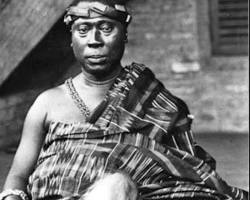
Queen Yaa Asantewaa of the Ashanti Empire
- She was an intellectual, a politician, a human rights activist, a queen and a war leader.
- Yaa Asantewaa became famous for commanding the Ashanti Kings in the War of the Golden Stool, against British colonial rule, to defend and protect the sovereign independence of the Golden Stool.
Key facts
- These societies recognized and respected the leadership of women. Women played key roles in trade and commerce, controlling specific goods and holding economic sway in marketplaces.
- These precedents championed equal rights and actively participated in community development initiatives.
- These women exercised independent power and prestige and performed prominent political roles.
Africa diaspora
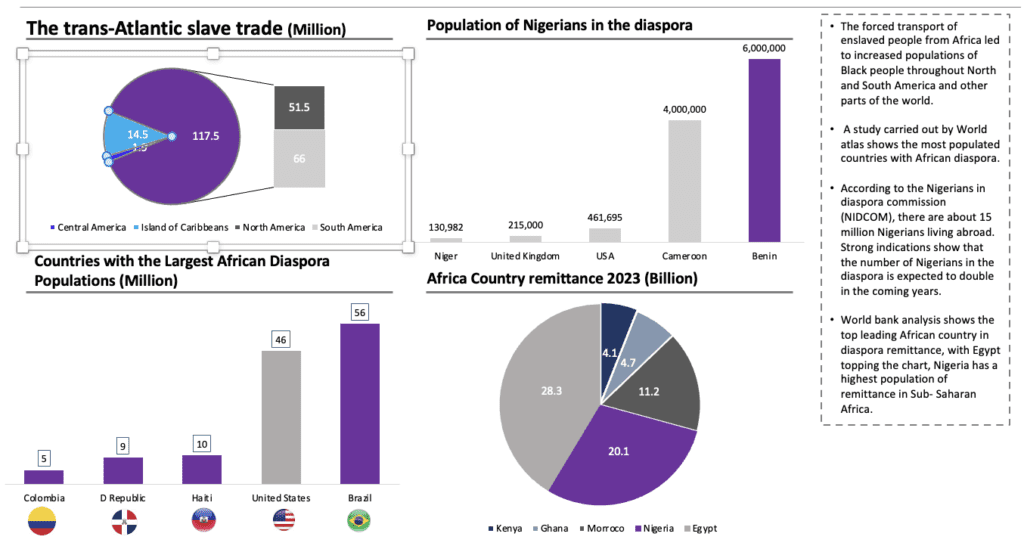
Strategic Objectives to bring Africans in diaspora back home
1. Strategically positioned to Connecting with roots
- Encourage cultural exchange, language learning, and travel to Africa to maintain a connection to her heritage.
- Online platforms and diaspora organizations like Motherland Beckons and Ipada can facilitate this in bringing Africans together.
- Develop online and offline platforms for communication, networking, and resource sharing between diaspora and homeland.
2. Focus on sustainable development
- In order to establish an atmosphere that encourages return and contribution, address pressing issues like poverty, corruption, and a lack of opportunities.
- Ensure long-term sustainability and avoid creating dependency on external resources.
3. Investment and entrepreneurship
- Support African development by investing in businesses, startups, or local communities.
- Offer mentorship, business support, and tax breaks to attract diaspora talent and investments in key sectors.
4. Create a comprehensive informational web portal and diaspora database.
- Create a comprehensive informational web portal and diaspora database.
- The online portal provides the African diaspora with a wide range of up-to-date information on the Queendom’s policies, regulations, procedures, authorization programs, viable investment, business opportunities and other initiatives.
5. Collaboration and the sharing of knowledge
- Facilitate partnerships between diaspora organizations and local communities for collaboration on development projects.
- Promote relationships for experience, knowledge, skill transfer, cooperation between African institutions in the nation and the Africans in the diaspora.
Motherland Beckons & Ipada (The Return)
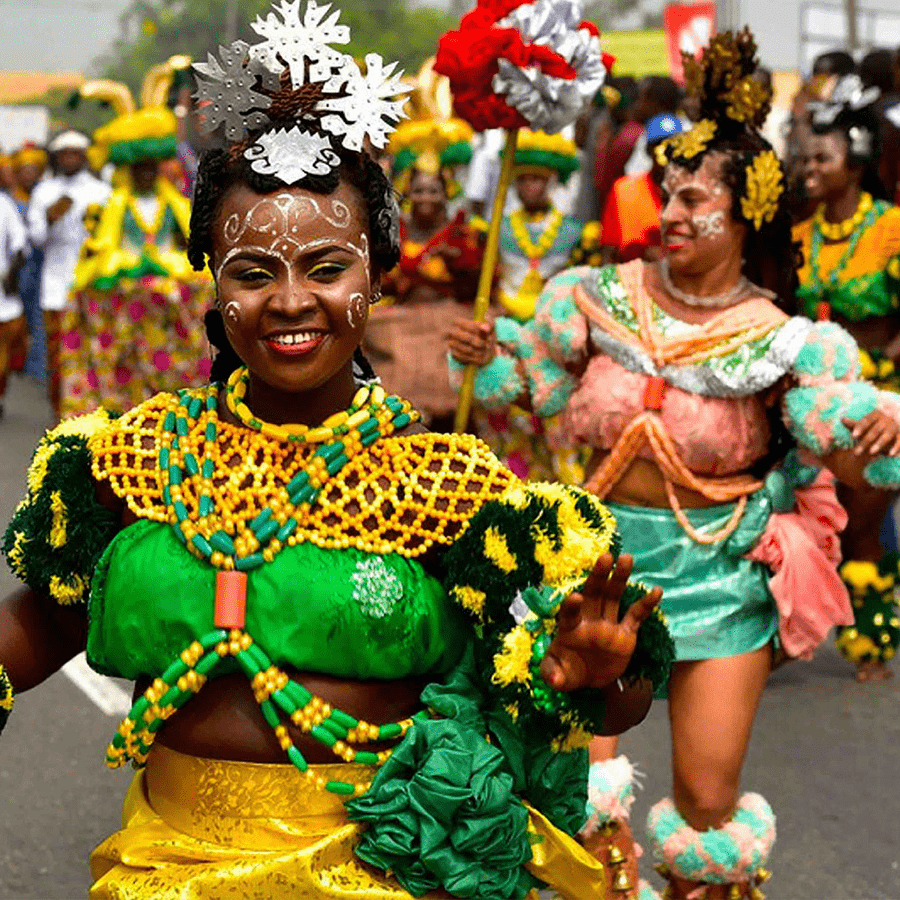
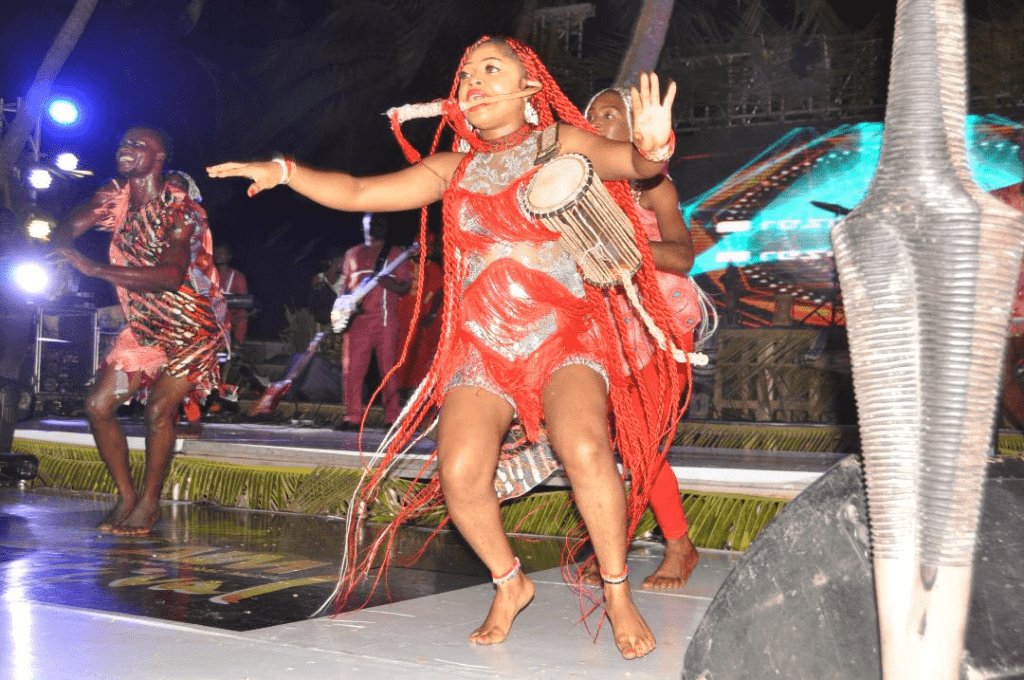
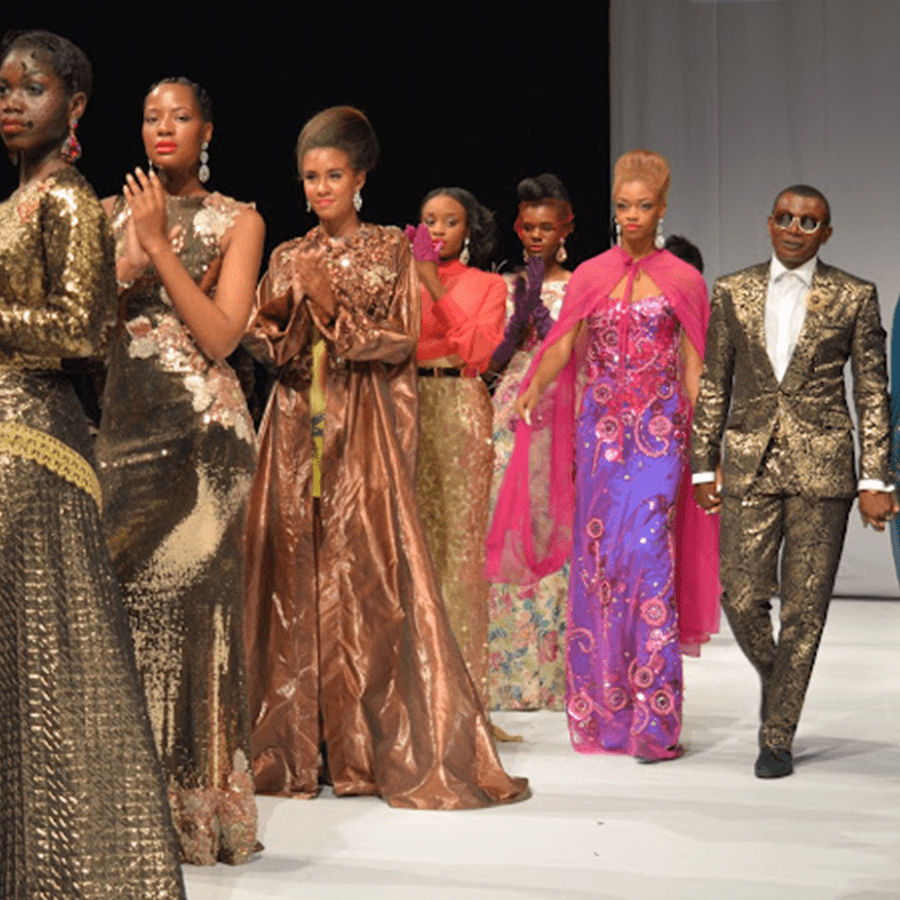
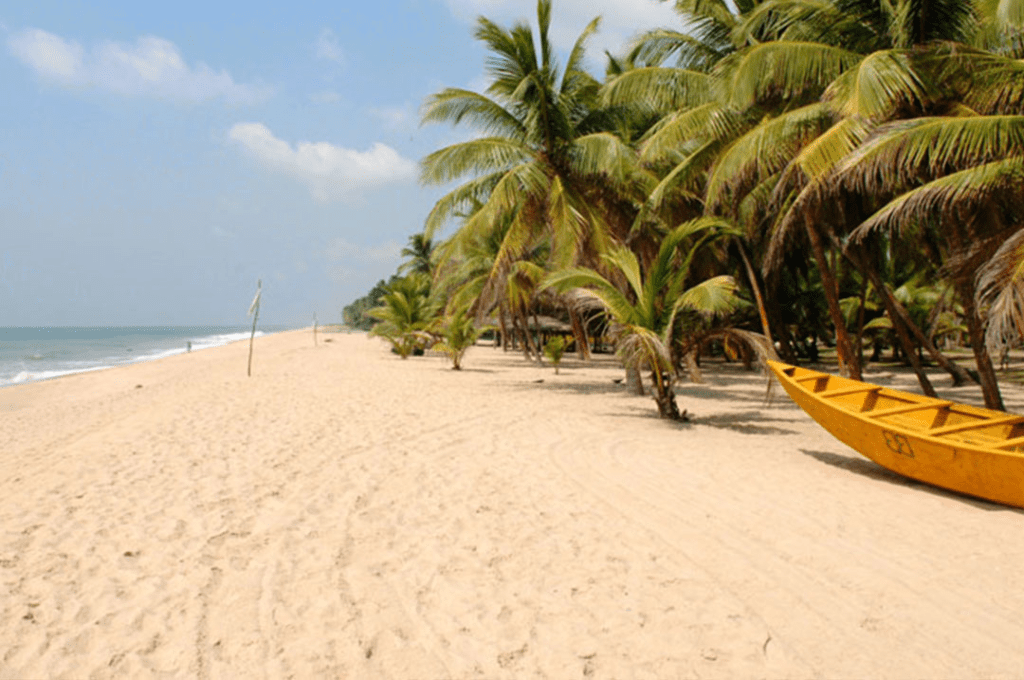
Showcasing our culture to the world and keeping our history alive
The role of Motherland Beckons & Ipada in establishing a Queendom
The visionary Builder, Dr Wanle Akinboboye may have envisaged the dream and had spearheaded the delivery of the message by the Motherland through Motherland Beckons and Ipada. This Movement has had life breathed into it with a vibrancy that can be likened to a wounded Phoenix rising from the ashes, spreading its wings and soaring higher and higher, gathering force on each flap of its wings and towering over every life on the African continent.
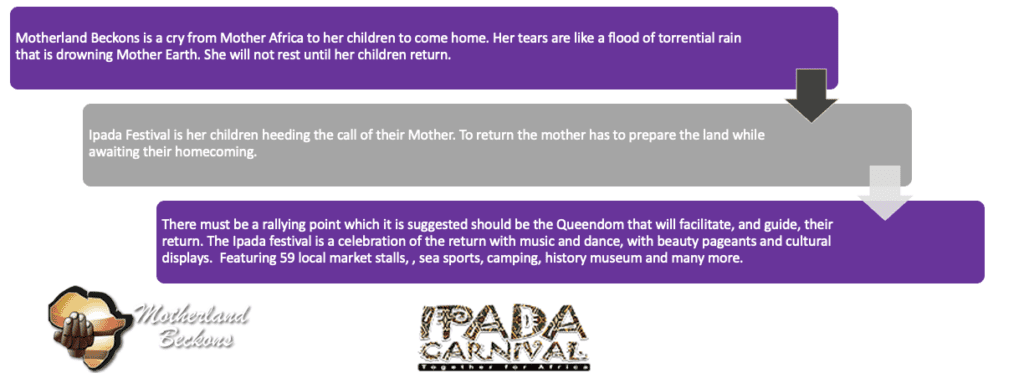
Setting up a Queendom
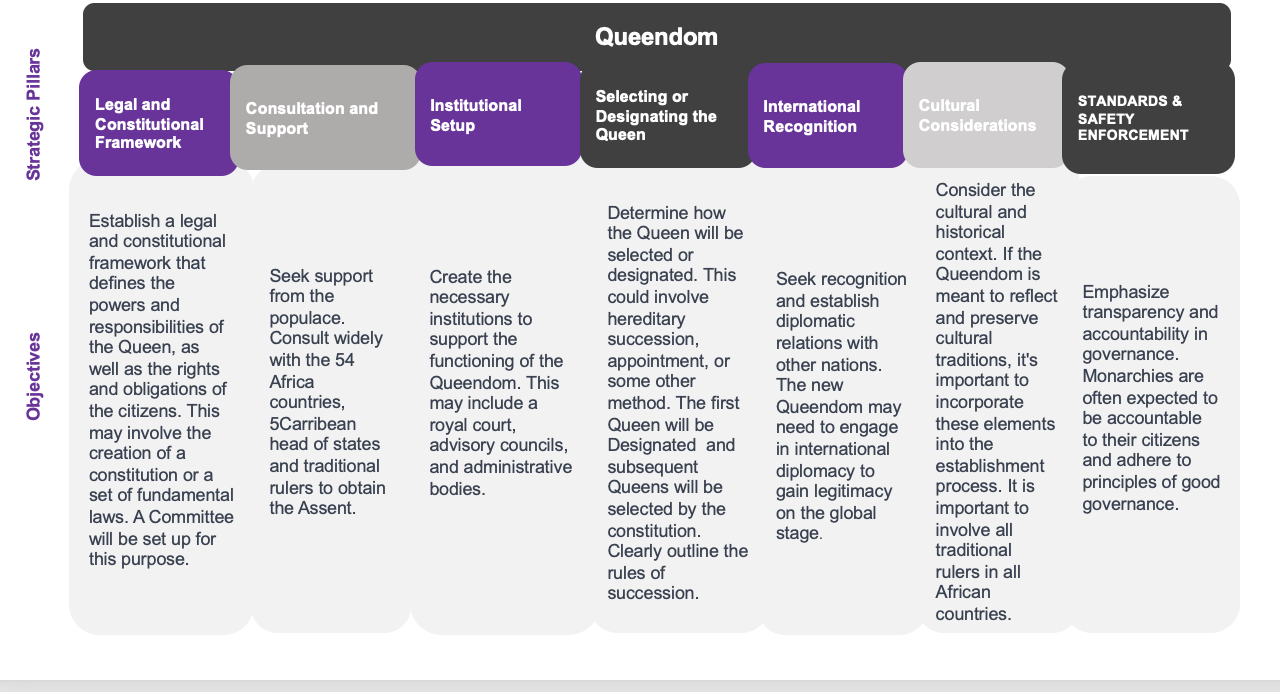
About the author

- Obonganwan Marie Erete, Queen Aruk II has acquired many qualifications including BHD in Business Studies, BA Hons Law, LSFE, Higher Rights of Audience to become a Solicitor Advocate, and many more.
- She worked in many prestigious companies and establishments including banks, CEGB, Linklaters and Paines Solicitors before setting off on her own. She established a large Solicitors Practice in Central London, Chamberlin Solicitors and administered it for over 10 years. During her time as a solicitor she set many precedents in law.
- Based on her achievements in England, she was invited to sit on the death row appeal review tribunal in the United States of America.
- News of her achievements and fame soon captured the attention of the Nation magazine and the Caribbean times where her name was entered in the first edition of ”The Black Who’s Who of Africa and the Carribean” alongside notable figures such as Nelson Mandela, Trevor Macdonald and Paul Boateng.
- Having conquered the commercial world and not satisfied with just helping her fellow countrymen in the legal field, her altruistic urge took her back to her country of birth Nigeria. There her humanitarian endeavors prompted her community to shower her with many honors and accolades and select her as their Queen.
- She is well known in the area for medical outreaches, poverty alleviation, empowerment of women and much more. Her foundation, Queen Aruk II Foundation, was finally recognized by the CAC in 2019 but she had successfully setup and administered Queen Aruk International Court of Peace, Royalty Preservation and Humanitarian Services for many years before then. She helped many of the locals resolve their disputes through her traditional court.